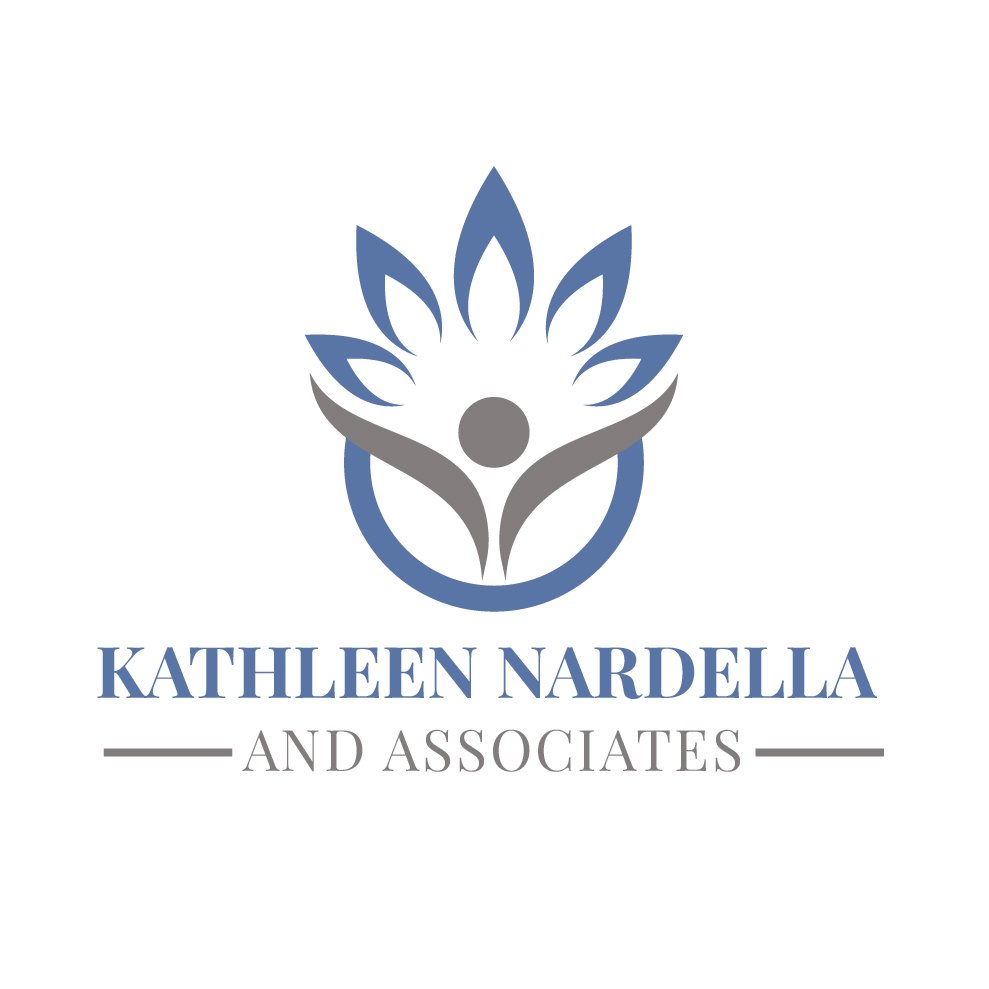It’s that time of year again. Or so the calendar says.
Time for the annual shopping trip for fresh notebooks, erasers, and pens. Time to ponder which teacher your child will get, which high school elective to take, or what color bed sheets to buy for the dorm. Time to enlist the doctor to fill out the form for activities and stand in the line of hopefuls to sign up or try out.
Except this year, all these typical things that fill family to do lists feel so different. Who cares if you have a slick pencil case if no one’s going to see it. For parents, the teacher assignment for their student is focused more specifically upon the teacher’s degree of skill with remote learning. And sports or activities - if they’re going at all this fall - are not moving with the usual stakes.
It’s an unsettling kind of August. In the spring we all learned new terms, like social distancing, and the word “quarantine” took on a whole new meaning. Now parents are talking about “learning pods” and, if financial means permit, actively pursuing private school options. After all the unrest of Black Lives Matter a few months ago, privilege is coming to the foreground in a different way. All of this is creating concerns about the business of education as state and local governments ponder a diminishing number of enrolled students despite employing significant efforts to develop hybrid learning plans and safety protocols with full enrollment in mind.
And what about the legions of college students and aspiring admitted students. How will applications be assessed to assure fairness to at least some degree? Will all the plans and testing requirements for residential students prevent major outbreaks as students mix and mingle on campus after having lived months in different places across the country? What will happen as the weather turns colder and more time is spent indoors?
As a parent myself, I can readily empathize with many of the concerns my clients who are parents are bringing to me each day. It’s easy to get swept away with all the thoughts of how things could fall off track, especially after we all experienced the completely unanticipated closure of schools in the spring.
Self-care is critical for parents at this time. Our children are watching us and taking their own cue from us about how to respond to these unprecedented situations. As we continue to muddle along, trying to manage the summer months with the kids more underfoot than usual, we have to find time to take care of ourselves. Little things matter: making sure we find time to eat lunch during the work day, taking regular breaks from screens that are not completely child-driven, spending a few minutes meditating or practicing mindfulness, firmly maintaining a boundary between time devoted to work and family, making room for a socially distant walk with a friend --- in short, finding ways to enjoy at least some of the things that formed our lives as individuals, not just as parents, BC (ie. Before COVID 19).
All of this may be easier said than done. But if we don’t find ways to put ourselves as individuals with our own needs on the agenda, we find bigger challenges presenting: heart palpitations, loss of appetite, gastrointestinal upset, headaches, high blood pressure, and weight gain. If you’re really struggling (ie. you can’t settle down to sleep or eat, or your mind is racing 24/7), don’t hesitate to reach out for a little mental health support. In these unprecedented times, preventative health care could make the difference between going down with the virus for weeks or muddling through relatively unscathed.



